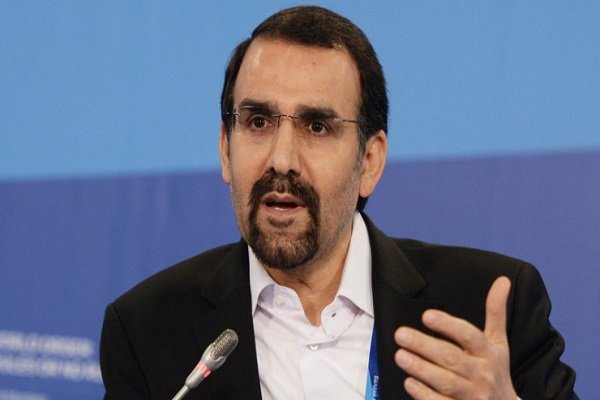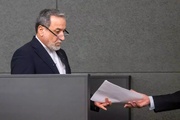Speaking at the opening ceremony of a conference and exhibition in Tehran on the occasion of 515 years of Iran-Russia historical ties, Mehdi Sanaei divided bilateral ties between the two countries into three historical eras saying “economic relations have certainly existed between the two countries since the period of Samanid Empire in the region and inception of the present Russia.”
He deemed the 515th year of bilateral ties as an appropriate name for the conference since first ambassadors were exchanged between the two sides almost five centuries ago.
The official recalled that the history of Iran-Russia ties has had numerous ups and downs stressing that the history needs to be carefully scrutinized for lessons to be learns rather than remaining at a standstill.
Sanaei pointed to the contemporary history of Tehran-Moscow relations and quoted officials and analysts who believe that current ties at all political, economic and security levels have been unparalleled both in terms of quantity and quality though they proved to be outstanding in certain areas like regional cooperation.
“Bilateral trade turnover has been following an upward trend as it rose by 80 per cent in the year 2015,” stressed the official hoping that current volumes will be maintained.
He emphasized that Iran-Russia ties had strategic dimensions as evidenced by determination of both sides’ officials for launching strategic relations.
“Positive aspects of the strategic ties between Tehran and Moscow will be strengthened by current regular negotiations between presidents and FMs of the two countries as well as delivery of S300 missiles.”
He went on to underline that plans were being made for an upcoming visit of President Hassan Rouhani to Russia.
Third-party factors have always adversely affected Tehran-Moscow relations; “in recent years, the West and the US in particular have played a negative role in this regard.”
“When the Joint Comprehensive Plan of Action (JCPOA) was implemented, Russia’s Putin welcomed the deal and announced that it would reduce destructive tensions caused by third-party factors.
He called for strengthening of Russian studies inside the country recalling that “early into the 20th century, 900 hundred Iranian traders were active in Kremlin and Astrakhan as well as that Russian businessmen similarly conducted extensive activities in Iran.
The Iranian ambassador expressed hope that historians and experts of the two countries will be able to form a constructive dialogue with each other in all areas.
HA/3891710


























Your Comment